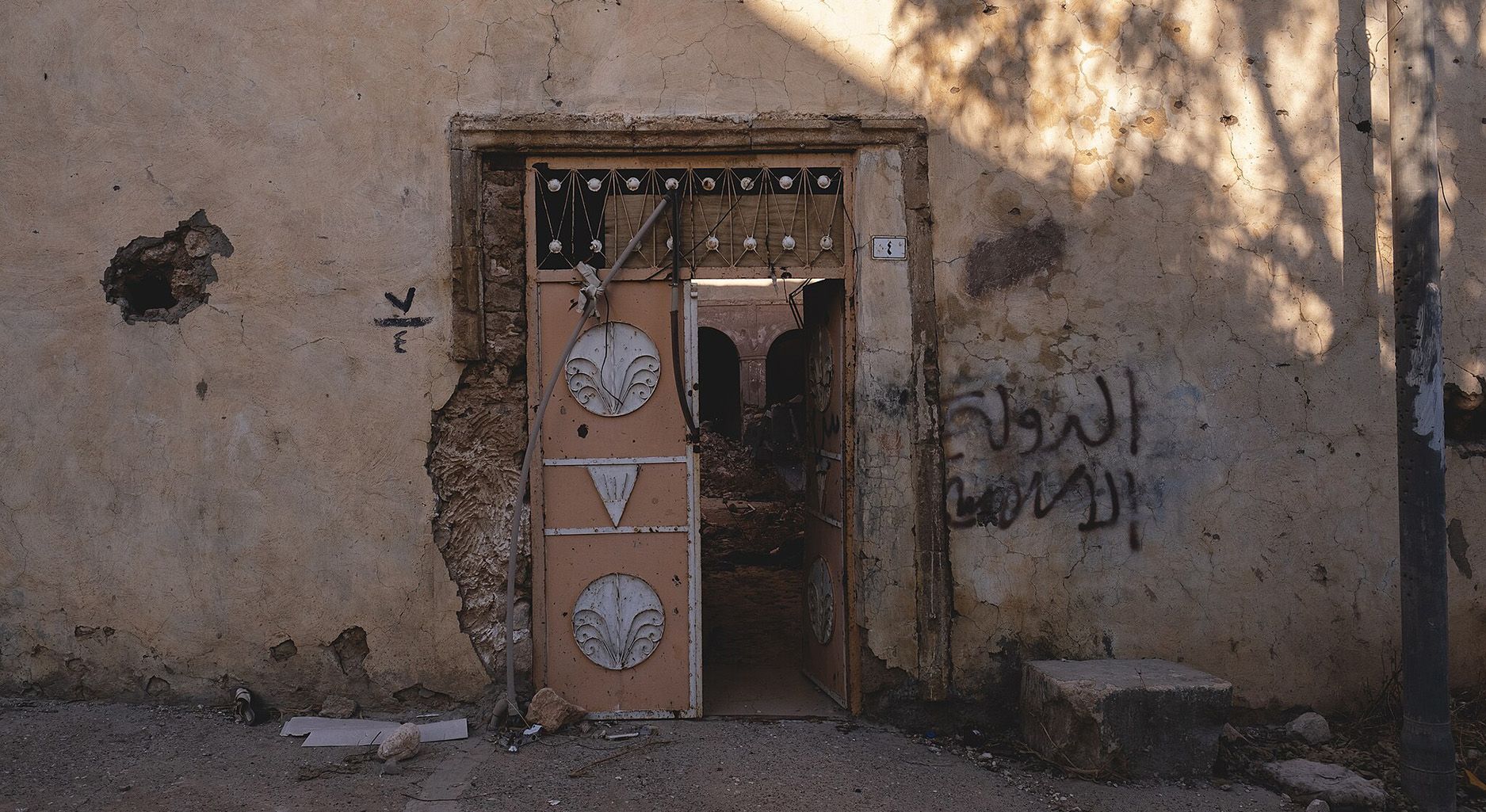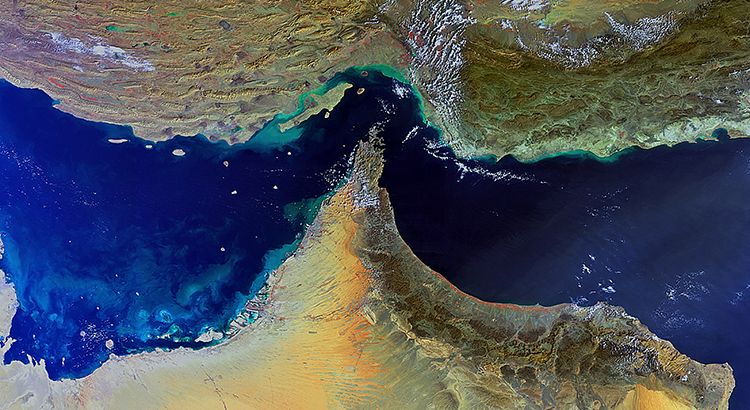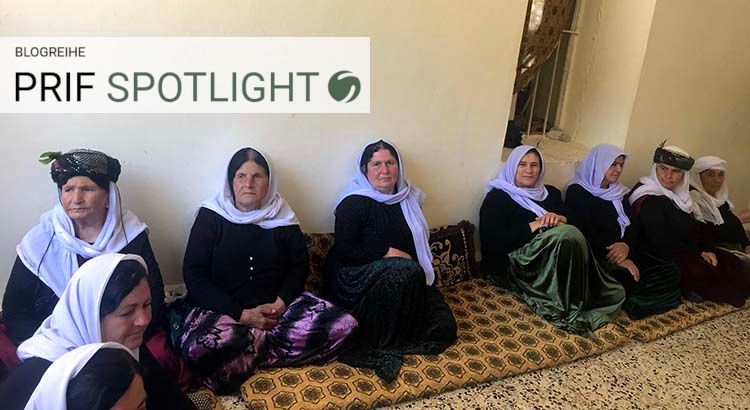Zehn Jahre nach dem Genozid: Die fortdauernde Krise der Jesiden
Am 3. August jährt sich der zehnte Jahrestag des Völkermords, den die radikal-religiöse Terrororganisation Islamischer Staat (IS) vor einem Jahrzehnt an den Jesiden im Irak verübte. Keine andere Gruppe erlebte die Gräueltaten des IS so direkt wie die Jesiden. Trotz der militärischen Niederlage des IS und der Rückeroberung der jesidischen Gebiete dauert ihr Leiden an. Angesichts anderer globaler Konflikte wie dem Ukraine-Krieg und dem Israel-Gaza-Konflikt geraten die anhaltenden Leiden der Jesiden zunehmend aus dem Blick. Dieser Blogartikel erläutert den Kontext und die Gründe, warum die Bedrohung der Jesiden nach wie vor anhält.


